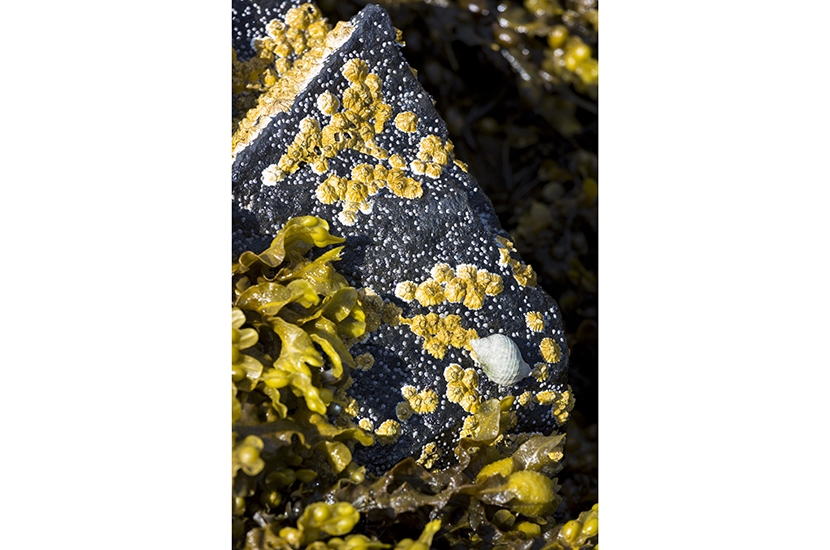Adam Nicolson is one of our finest writers of non-fiction. He has range — from place and history to literature and ecology, from the friendship of Wordsworth and Coleridge to the poetics of Homer, from the archaeo-ethnography of his own Hebridean island to the hardy and threatened lives of seabirds. To each he brings a vigorous curiosity and intellect, coupled with an emotional receptivity that ruffles the surface of his prose. Now he has turned his attention to the foreshore of Scotland’s west coast, and a particular point on the northern edge of the Sound of Mull — near Rubha an t-Sasunnaich —with its weeds and its wracks and its shelled and glutinous sea-creatures.
Building a series of berms, he creates rock pools. He waits for them to fill; he observes, he records, he researches. Something of a filter-feeder himself, he waves his writerly tentacles in the stream, letting the tides of academic work drift overhead, sifting them for nutrients. The social life of the anemone, the leg muscles of a sandhopper or the gutweed diet of the periwinkle may not be subjects high on most people’s must-know-more about lists — but Nicolson manages to recover something palatable and universal from their study.
The drivers of the world’s ecosystems are not dolphins, tigers and rhinos but microbes and plankton
The Sea is not Made of Water picks up on several trends in popular ecological thought. One is the fractal refocusing on smaller and smaller organisms, the recognition that the drivers of the world’s eco-systems are not the charismatic apex species — dolphins, tigers, rhinos — but microbes and plankton; not trees, but the micro-world of the soil beneath, bacteria and the minute biochemical exchanges of fungal hyphae. Moderating global temperatures likewise depends in large part on the carbon sequestration of specks of dirt or the tiny rhizomes of sea-grass.







Comments
Join the debate for just £1 a month
Be part of the conversation with other Spectator readers by getting your first three months for £3.
UNLOCK ACCESS Just £1 a monthAlready a subscriber? Log in